Pros and cons of writing based on the market.

Writing for the market, tailoring your book to a well-defined audience, has pros and cons. In this article we try to find out the advantages and disadvantages of occupying a niche, so that you can evaluate your options.
What does it mean to write for the market?
The phrase writing for the market means writing books that are written more for the tastes of the market or the sales models of the publishing market than for your writing interests regardless of the market.
Also known as writing to trend , this approach has a simple twofold premise:
- You identify what is popular or trending and sells well (in terms of genre, subject matter, and other elements of the book).
- Write a book designed to appeal to that exact reader base or audience segment from the start.
Writing for trend: 5 advantages to consider
Thinking of jumping on board a publishing trend or referencing topical topics that have widespread public interest?
The benefits of writing about trends are that you can:
- Make sure you have a defined target market.
- Choosing a niche, finding a targeted potential audience.
- Avoid spending time on work that may never sell.
- Find out how to best promote your books.
- Make sure your writing remains current and relevant.
Market oriented writing
Before we delve into the five benefits of market-focused writing , it's worth talking about the cons (or risks) of trend-focused writing:
- Market changes may overtake you.
- Writing to cash can become a chore.
- Market orientation does not guarantee sales.
- Market saturation can reduce returns.
- Writing on trend could be considered commercial.
Now, however, let's get into the nitty-gritty of market-centric vs. market-independent writing:
Make sure you have a defined target market
Let's start with the benefits of letting the tastes of the publishing market dictate more of what you write.
Making sure you know your target audience (and your genre ) is important whether you're writing with a market reference or not. If you want to sell books, you need to know that there are potential buyers for them.
When writing for the market, this is a given, because you spend time researching your target audience before you even write a single word in your first draft.
How can you create a target audience for fiction (or non-fiction) books?
- Create a Reader Character : Who is your ideal reader? What are its demographic details such as age or gender? How would you describe yourself? What type of photos or posts would they interact with on social media? As an exercise, write a short biography of this hypothetical reader, starting with "[Name] is..."
- Read Reviews : Amazon and review platforms like Goodreads (which is a subsidiary of Amazon) are good places to get a sense of what readers of your genre want, love, hate, or recommend.
Choose a niche to find a targeted potential audience
In writing for the marketplace, choosing a niche means finding the subgenre or specific interest group within your genre that your books will appeal to.
Romance is a broad genre, for example, with many romance sub-categories . Finding a writing niche, whether it's a series with culinary elements or other overlapping interests, could help you stand out in your lane.
Avoid spending time on work that may never sell
A third benefit of writing about trends or the market is that you can avoid spending time on work that would never sell.
You will notice that I have used the term "dedicate", not "waste". That's because, the time you spend writing is never wasted - you're practicing your craft and acquiring skills in the process. If you want to make a career as a writer , though, working smart is key.
Putting at least some market considerations into your process makes sense if you want to give your books a better chance of selling.
A niche project that only you and five other people can understand? This could be a "passion project", secondary among more commercial and profitable books.
Find out how to best promote your books
When you write about the market, you are making an effort to understand the business of publishing and book promotion, but especially those who buy marketable stories.
Many authors write the story they want to tell before they start trying to find (or even create) an appetite for it. Neither approach is necessarily the best.
It depends on whether the commercial success of your book is important to you or not . Is this a memoir meant to be shared only with family and friends? Or do you dream of strangers texting you telling you how much they loved your job?
The research you do to identify your target audience will also help you understand who you are writing to in email marketing, social media, public relations such as press releases for launch (if you don't outsource it to book advertising professionals ).
Make sure your writing is current and relevant
A fifth benefit of writing for the market is that with any luck, your book will be topical and relevant when it comes out (if you choose an enduring category and topic).
This is where it can be helpful to look at historical publishing data, so that you understand not only current trends in publishing, but also how book sales have evolved over time.
Many authors want to write the next A Song of Ice and Fire, Bridgerton, or The Hunger Games , but it's important to remember that what's hot or trending now may not be hot in six months.
This brings us to the cons of focusing on market attractiveness in your writing:
Publishing market changes may overtake you
Publishing doesn't move as fast as industries like technology (where there are new models every year and things like built-in obsolescence).
Publishing trends are moving, however, and they could go on long enough to cash in on the latest book craze. Remember when vampires were all the rage , prompted by the unexpected success of the Twilight franchise ?
If you're planning on cashing in on hot current topics, especially the news cycle, remember that writing, rewriting, editing, cover design, and formatting are all parts of the process that are vital and can delay the release of your book.
If you are determined to write about a trend:
- Ensure that the fundamental building blocks of a good story , such as purpose, motivation and conflict, are present
- Use contemporary references extensively: If you use references as a source of topicality (rather than for deeper engagement), this can make reading your writing more dated in time
Writing to sell can become a chore
Another disadvantage of writing with reference to the market is that it may get boring for you .
Writing a story that builds your motivation because you are passionate about the topic, themes, setting, or characters in your story may prove easier than writing a business-based project.
The choice is yours: whether to pursue your passion and what interests you, or to indulge the mood of the market.
A balance of both—passion and indulging—might be the best choice, as if your story lacks the authenticity of your genuine interest, there may also be a void that readers feel.
Market orientation does not guarantee sales
It's important to remember that, however you experience it, writing is work. Writing a book or creating a series will always have the same commercial success in relation to:
- your perseverance
- your ability to accept feedback
- your craft
- promotional efforts
If a writer thought, "I just need to write in genre X and because the reader base is so big, the readers will come," they would be wrong.
Always include book promotion in your publishing plain business to make sure you've done everything you can to increase your sales potential.
Market saturation can reduce returns
A fourth potential downside to jumping on a publishing trend is that you could be one of many, many authors doing the same thing, at the same time.
If your new niche gets really crowded, you can imagine that there might be a lot of competition.
Being in a highly competitive editorial space would in turn reduce your exposure share (unless you've picked a keyword, built an online presence, and taken other steps to stand out in your niche).
This is why falling into a smaller (but still well-read) subcategory or topic can be more lucrative than jumping on the biggest bandwagon available .
Writing on trend could be considered commercial
People in public relations often talk about the "optics" of choices, deeds and words. How a certain choice looks and shapes audience perception is a big part of what advertisers are about (for example, ways to minimize customers' unfortunate choices).
Writing for trends or the market may mean that you are seen as "commercial" within the writing community or among the readership.
Fortunately, there's now less stigma attached to popular genres like the erotic novel or pulp crime. There's room for everything on the shelves. However, if you are read as cynically "commercial", trending in a seemingly inauthentic way, this perception could affect your entire writing career.
It is therefore wise to carefully weigh the pros and cons of writing for the market, before deciding on your approach for your next book. All writing involves risk.
As USA Today bestselling author JT Lawrence puts it, "if the ship sinks, you can always build a new one." Each book is an opportunity to learn from any previous mistakes and build back better.
When you subscribe to the blog, we will send you an e-mail when there are new updates on the site so you wouldn't miss them.
By accepting you will be accessing a service provided by a third-party external to https://www.insightadv.it/




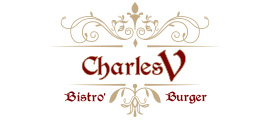
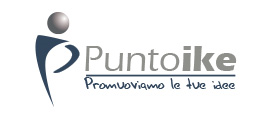

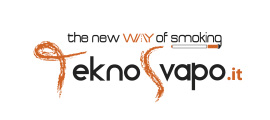

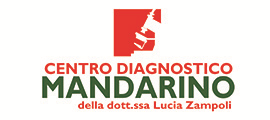


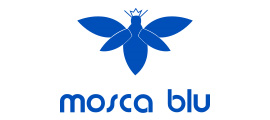


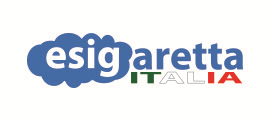




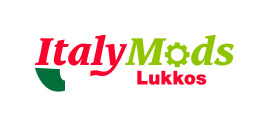




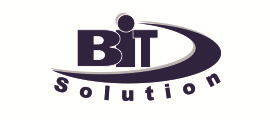

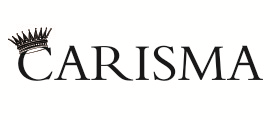

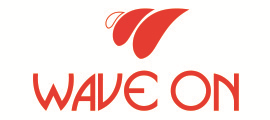

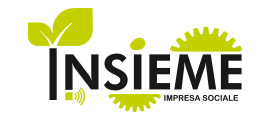
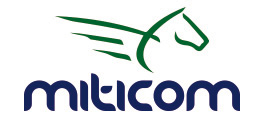

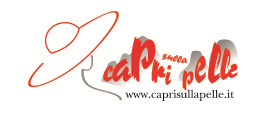
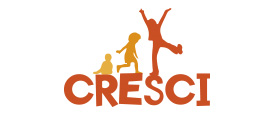
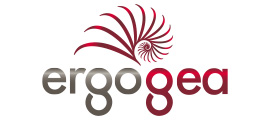

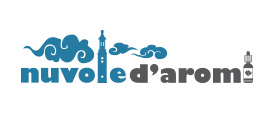

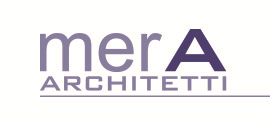
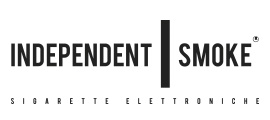

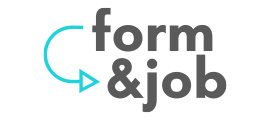






















Comments